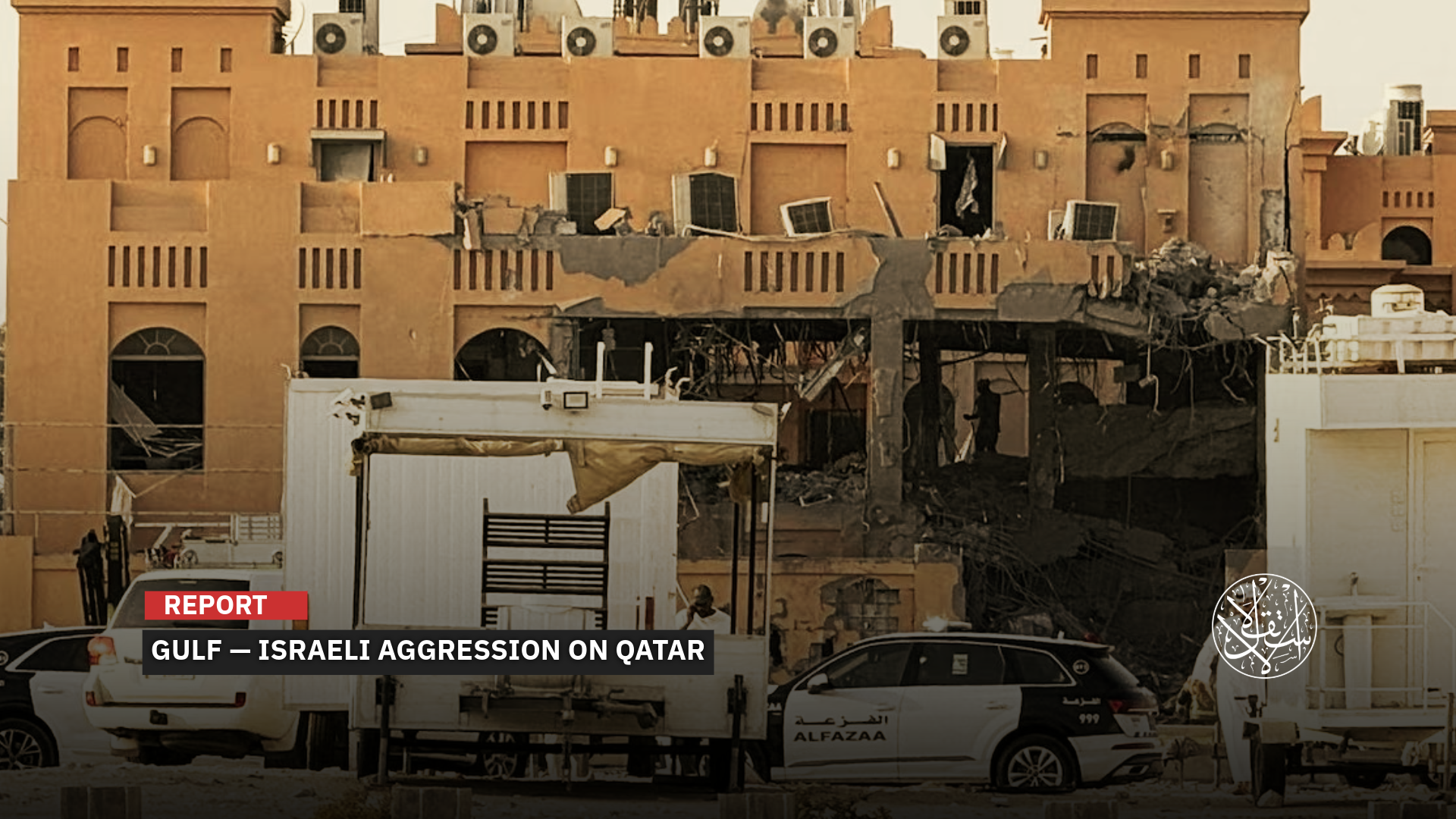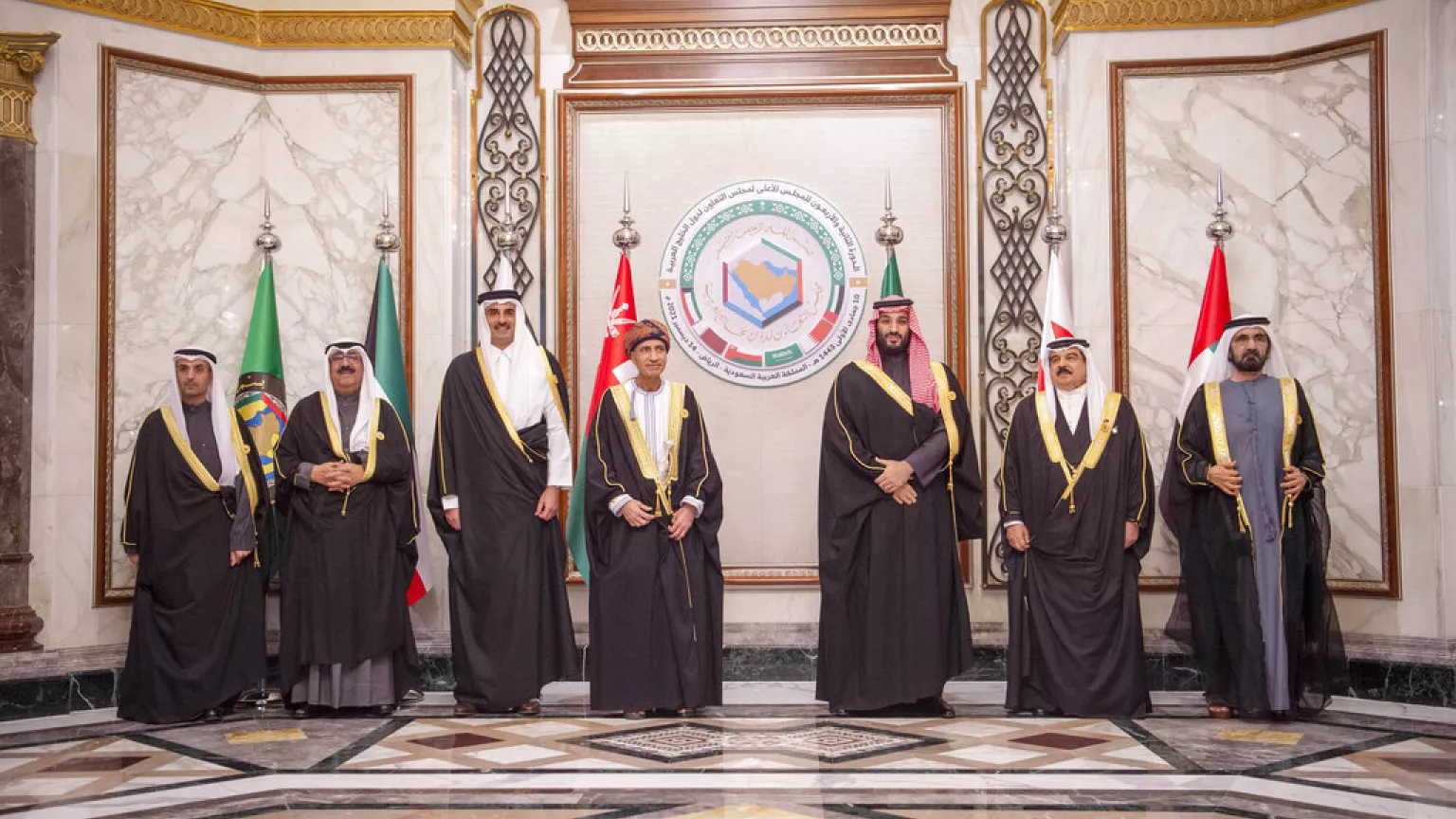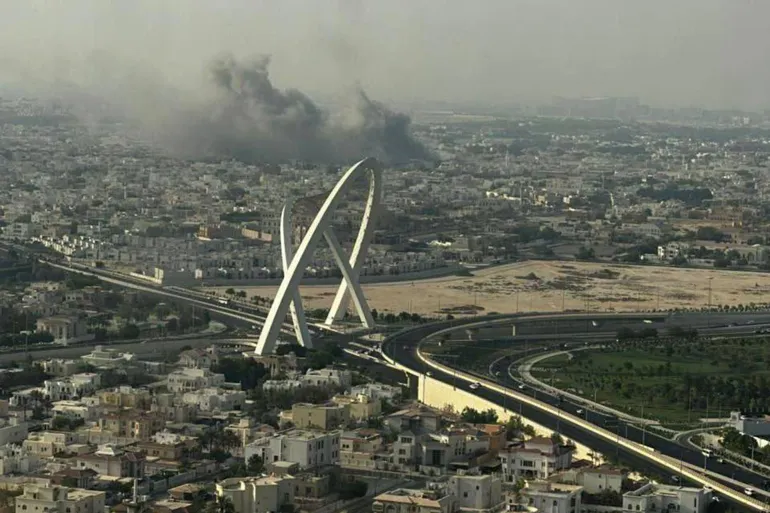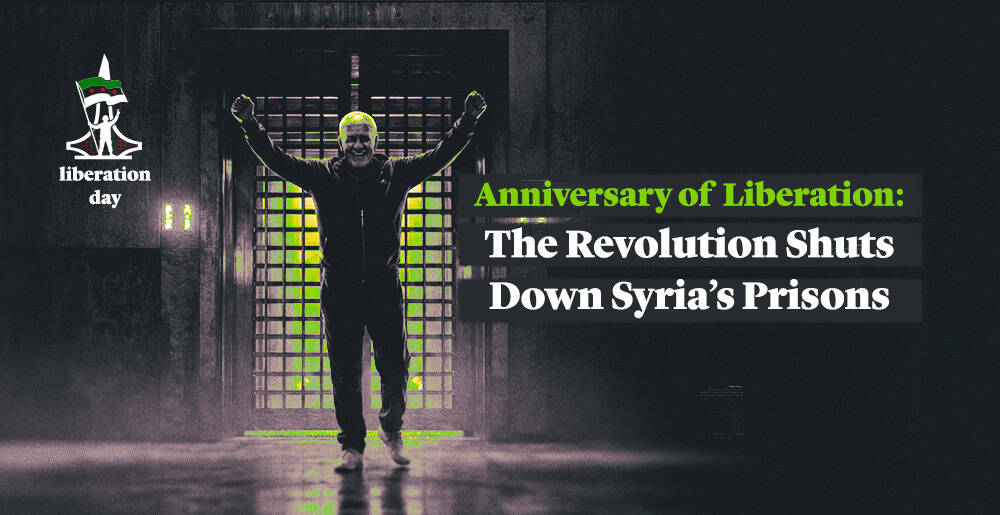Lost Solidarity: Will the Gulf States Unite Against the Israeli Occupation with More than Words?

“The Israeli Occupation could not have done it without the cover of the U.S. administration.”
Amid the Israeli aggression on the Qatari capital, Doha, urgent questions arose over Washington’s complicity with “Israel” and whether the Gulf states that normalized relations would go so far as to cut ties with the Israeli Occupation in defense of the Gulf system and its much-touted unity.
On September 9, 2025, “Israel” claimed responsibility for the airstrike on Hamas leaders in Doha, targeting Hamas negotiation delegation head Khalil al-Hayya, Political Bureau member Zaher Jabarin, and other leaders.
After the attack failed, U.S. President Donald Trump stated that Israeli Prime Minister Benjamin Netanyahu had made the decision to bomb Qatar, adding that Qatar is a sovereign state and a close ally of the United States, working courageously with Washington to mediate for peace, and that the strike does not serve the goals of either “Israel” or America.

Mere Condemnation
Despite all Gulf Cooperation Council (GCC) states issuing statements condemning the Israeli aggression, their positions were not unified, and no joint decision was made representing the Gulf bloc that could serve as a deterrent to the Israeli Occupation, particularly as the latter framed its attack on Doha as a message to the Middle East.
Commenting on the Israeli aggression against Hamas leadership in Qatar, Israeli Knesset Speaker Amir Ohana posted a video of the bombing on his X account, saying, “This is a message to the entire Middle East.”
Saudi Crown Prince Mohammed bin Salman held a phone call with Qatari Emir Sheikh Tamim bin Hamad al-Thani, in which he affirmed the Kingdom’s full solidarity with Qatar and its condemnation of the “flagrant Israeli attack.”
He stressed that the Kingdom puts all its capabilities at the disposal of its brothers in Qatar and supports any measures it takes to protect its security, according to the Saudi Press Agency (SPA) on September 8.
In the UAE, Anwar Gargash, the president’s diplomatic advisor, condemned the Israeli aggression, posting on X, “The security of the Gulf Arab states is indivisible, and we stand wholeheartedly with our sister state of Qatar.”
UAE Foreign Minister Abdullah bin Zayed took a more reserved tone, posting only a short message on X, “Our full solidarity with beloved Qatar.”
Kuwait’s Foreign Ministry condemned what it called the “brutal aggression that the State of Qatar was subjected to by the tyrannical Israeli Occupation forces.”
The ministry added that the assault represented “a flagrant violation of all international laws and norms, a serious threat to regional security and stability, and a direct undermining of international peace and security.”
Oman’s Foreign Ministry also expressed solidarity with Qatar, strongly condemning the Israeli aggression. “Political assassinations are a blatant violation of international law, a serious breach of state sovereignty, and an escalation of dangerous proportions,” it said in a statement.
Bahrain’s Foreign Ministry condemned the Israeli attack on Qatar as a violation of its national sovereignty and of the principles of international law. It expressed Bahrain’s full solidarity with Qatar “in all measures it takes to safeguard its security, sovereignty, and the safety of its citizens and residents,” while calling for de-escalation to preserve regional peace and security.
GCC Secretary-General Jasem al-Budaiwi issued a strong condemnation of “the despicable operation carried out by the Israeli Occupation on Qatari soil,” adding, “The GCC states fully stand in solidarity with Qatar and support any measures it takes.”
AIPAC’s Grip
On the reasons behind the United States’ complicity—despite being Qatar’s ally—in the Israeli aggression, Qatari political analyst Ali al-Hail said, “Zionist fascist thuggery continues across all lands, in Syria, Lebanon, Yemen, and earlier in Tunisia, and this time in Qatar.”
“The attack marks the beginning of Netanyahu’s insane ‘Greater Israel’ plan, backed by AIPAC and the Israeli lobby in Washington, which control decision-making in the Pentagon, the White House, the U.S. State Department, and Congress,” the professor of political science at Qatar University told Al-Estiklal.
In an interview with the Israeli channel i24 on August 12, Netanyahu said he believed he was carrying out a “historic and spiritual mission,” reaffirming his commitment to the so-called “Greater Israel Vision,” which includes not only all of Palestine but also parts of Jordan, Lebanon, Syria, Egypt, Saudi Arabia, and Iraq.
The American Israel Public Affairs Committee (AIPAC), founded in 1953, is considered the most powerful lobbying group in the United States and the most influential on Congress, working to ensure continuous American support for the Israeli Occupation.
Al-Hail pointed out that U.S. President Donald Trump admitted about ten days ago that he had been under heavy pressure, particularly from the American public, represented by around 60 million young Americans born in the 1980s, 1990s, and later.
In an interview with The Daily Caller on December 2, Trump acknowledged that “Israel’s” influence in Congress had waned compared to twenty years ago. He said “Israel” used to be the most powerful lobby he had ever seen, one that completely controlled Congress, but it has since lost that dominance.
The U.S. president stressed the need for a swift ceasefire in Gaza, warning that the continuation of the war would harm “Israel.” “Israel may be winning the war, but they’re not winning the world of public relations [...]. They’re gonna have to get that war over with.”
Al-Hail argued that “one of the key reasons behind the attack on Qatar was to torpedo Trump’s proposal for an agreement on Gaza. The Israeli Occupation could not have done it without the cover of the U.S. administration, under pressure from AIPAC and the Israeli lobby. Based on that, Trump gave the green light.”
“Everything else said by the White House, the State Department, or even Trump himself is nothing more than media spin and outright lies, especially when he claims that Israel is a democratic state that does not attack others.”

‘A Unified Goal’
On whether Gulf states might take a joint decision to sever ties with the Israeli Occupation, Middle East affairs writer and political analyst Imad al-Din al-Jubouri said, “The Israeli aggression on Qatar, through bombing aimed at assassinating Hamas leaders, should have prompted a unified Gulf stance.”
Speaking to Al-Estiklal, al-Jubouri stressed “the need to go beyond mere denunciations and condemnations, especially since there is a Gulf system in place. There must be action on the ground in response to the Israeli Occupation attack.”
He predicted, however, that the Gulf position “would not go beyond condemnation and denunciation, because some Gulf states had normalized relations for free, such as the UAE and Bahrain. They will not take a strong or decisive position against Israeli aggression, given their commitments and cooperation, particularly since an Emirati plane is itself transporting weapons to Israel.”
“Israel’s disregard for the Arabs in general, and Netanyahu’s move in particular, was not made independently but with Washington’s approval. Otherwise, he would not have carried out this attack, regardless of what the U.S. president and the White House say about it being a unilateral decision.”
“Where is the U.S. military base in Qatar, the protection, the air defenses, and the radars? This attack proves that no matter how much cooperation or normalization exists with the Zionist enemy [Israel], it will not protect them from any strike tied to Israel’s expansion and the points it wants to reach,” the political analyst said.
“Arab leaders’ failure is shameful, and the people must resist Zionist expansion and control in the Arab world.”
He ruled out the possibility of Gulf states withdrawing their ambassadors from “Israel,” noting, “This Israeli attack will have consequences, but there will not be a unified purpose, whether from the Gulf bloc, the Arab League, or even from Arab states that normalized with Israel.”
“There will not be the level of mobilization within the Gulf bloc that we would hope for. But there must be a united common goal against the Israeli enemy, because unfortunately, what we wish for is one thing, and what happens on the ground is another.”
“Regardless of Israel’s ongoing aggressions in Syria and Lebanon, and earlier in Tunisia and Libya, its move against Qatar, and the Gulf system in particular, makes its contempt clear and explicit. There must be a response worthy of this challenge and this Israeli arrogance toward Arabs in general and the Gulf in particular,” al-Jubouri added.
Officially, the UAE and Bahrain normalized relations with the Israeli Occupation on August 20, 2020, under the sponsorship of U.S. President Donald Trump, while the other four Gulf states remain officially outside normalization, despite some having informal ties with “Israel.”
Following the Israeli aggression, the Qatari Amiri Diwan announced that Emir Sheikh Tamim bin Hamad al-Thani had received a phone call from U.S. President Donald Trump, during which he affirmed that Qatar would take all necessary measures to safeguard its security.
Qatari Prime Minister Sheikh Mohammed bin Abdulrahman al-Thani confirmed that his country “reserves the right to respond” to the attack, which killed six people, including a Qatari security officer and five Hamas members: among them Hummam al-Hayya, the son of Khalil al-Hayya, and his office director Jihad Lubad.
Sources
- Widespread Arab Condemnation of Israel’s Violation of Qatar’s Sovereignty [Arabic]
- Trump says decision to strike Qatar was made by Netanyahu and not by US president
- Israel Has Tried to Kill Hamas Leaders in Qatar
- Trump Admits Israel’s Influence in Congress Has Declined Due to Gaza Aggression [Arabic]
- Trump warns Israel is winning war, losing world opinion: What does it mean? - analysis











